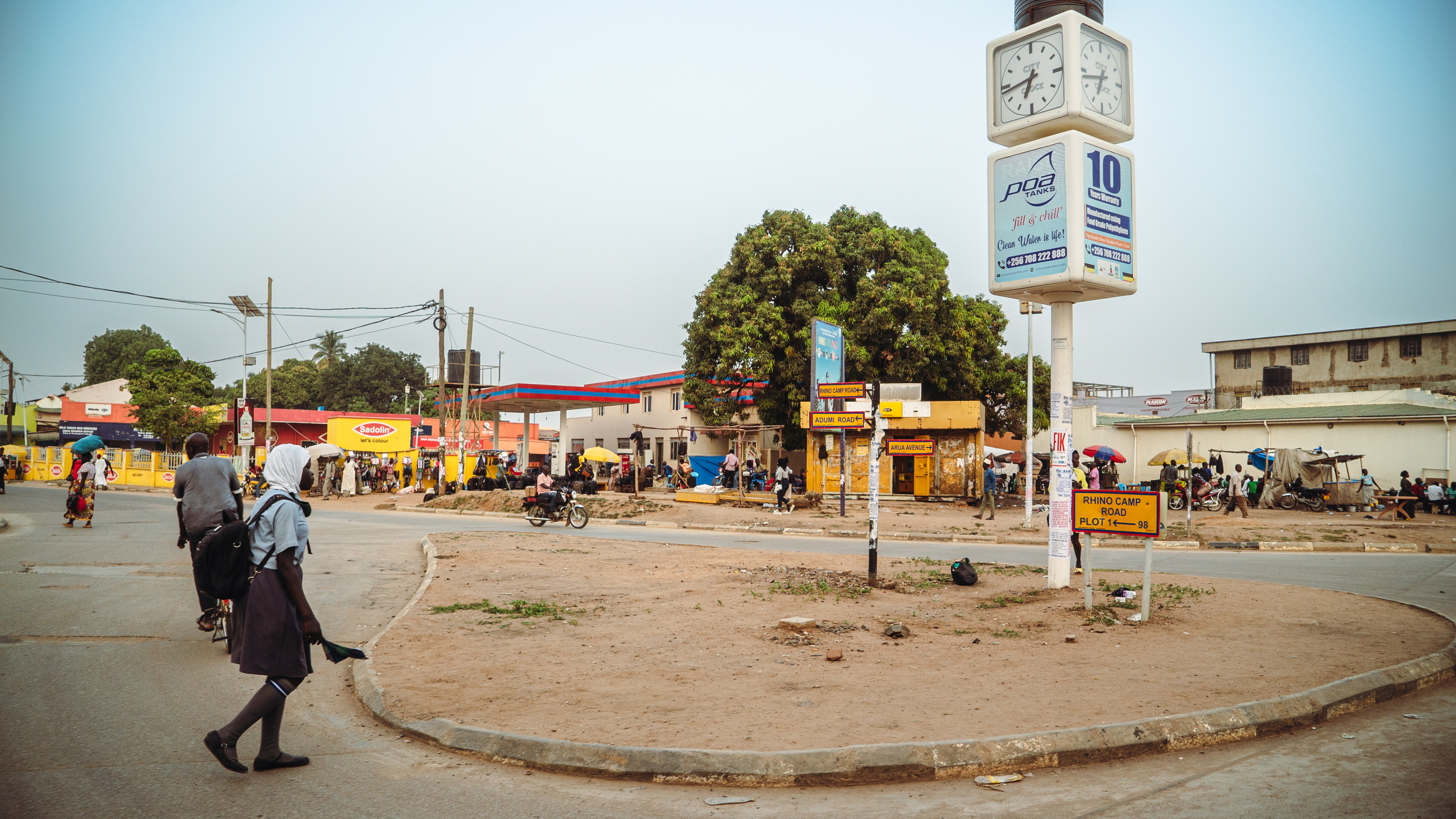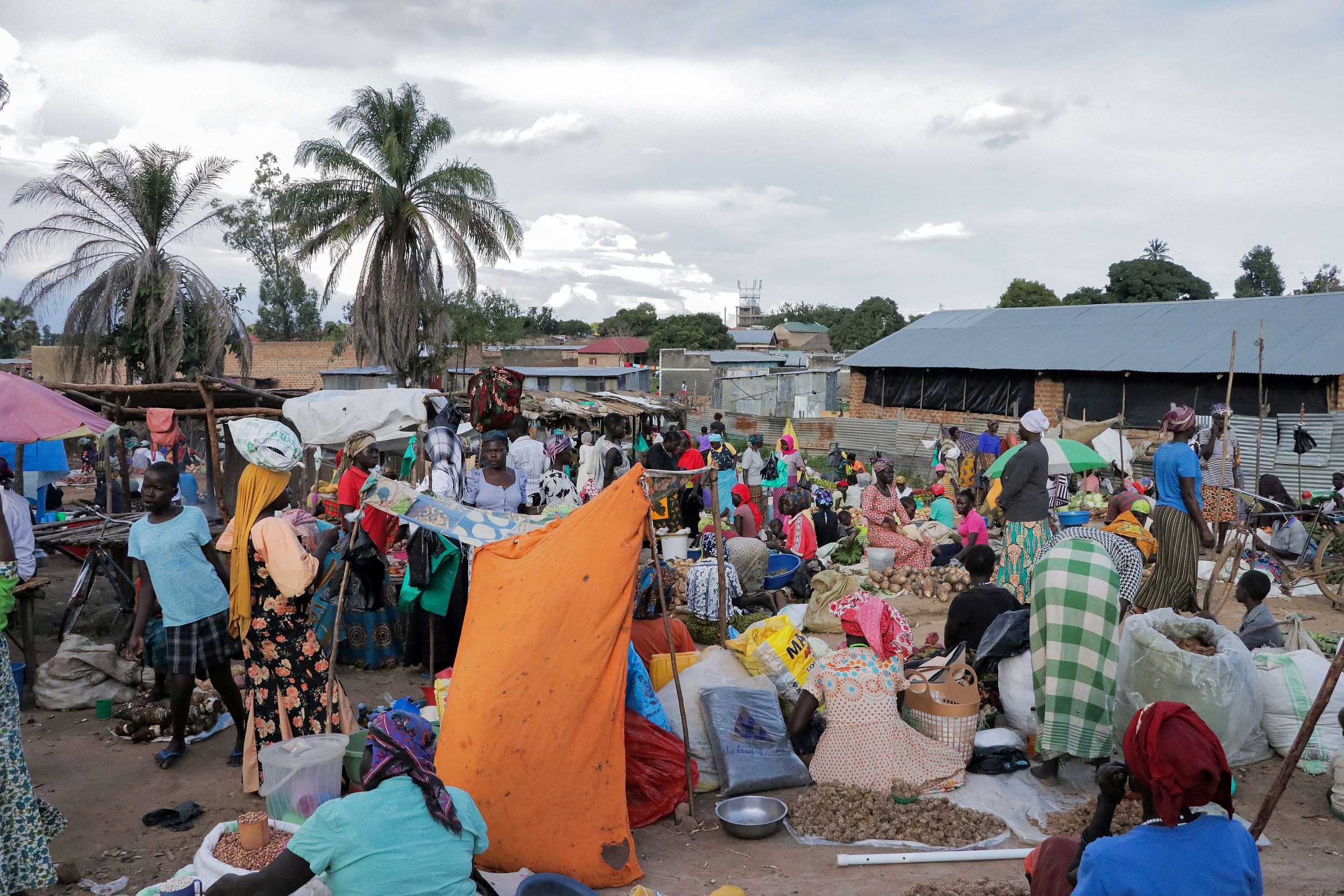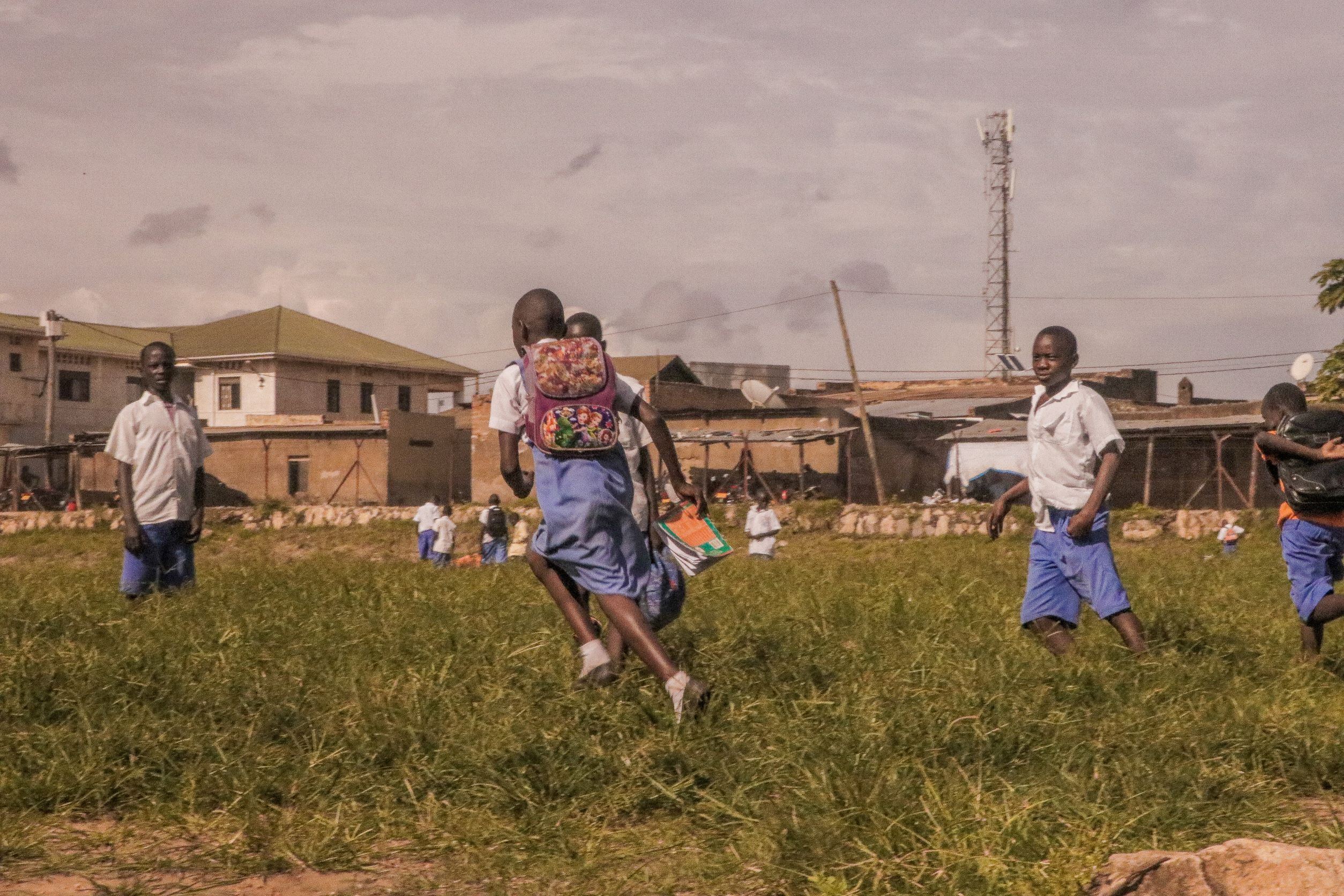Cities Alliance is entering into a new partnership with the Ugandan Comprehensive Refugee Response Framework (CRRF) Steering Group.
The government of Uganda leads the Steering Group, which is the policy and decision-making body for the implementation of the CRRF in the country. With the support of the Office of the Prime Minister of Uganda, the Steering Group ratified Cities Alliance’s new observer status at its meeting from 13-14 April 2023.
Cities Alliance’s participation in the CRRF Steering Group is an important milestone. It enables us to represent the interests of secondary cities from Uganda, advocate for greater inclusion of urban refugees and displaced persons, and report on the experiences of other cities in the Horn of Africa.
Since 2019, Cities Alliance has drawn attention to refugees residing in cities and their host communities through its Cities and Migration Programme, which is funded by the Swiss Agency for Development and Cooperation (SDC) and the European Union.
Through the programme, we have been working closely with secondary cities from the Horn of Africa, including West Nile cities in Uganda, that are experiencing a high influx of refugees and displaced persons to strengthen migration and displacement management.
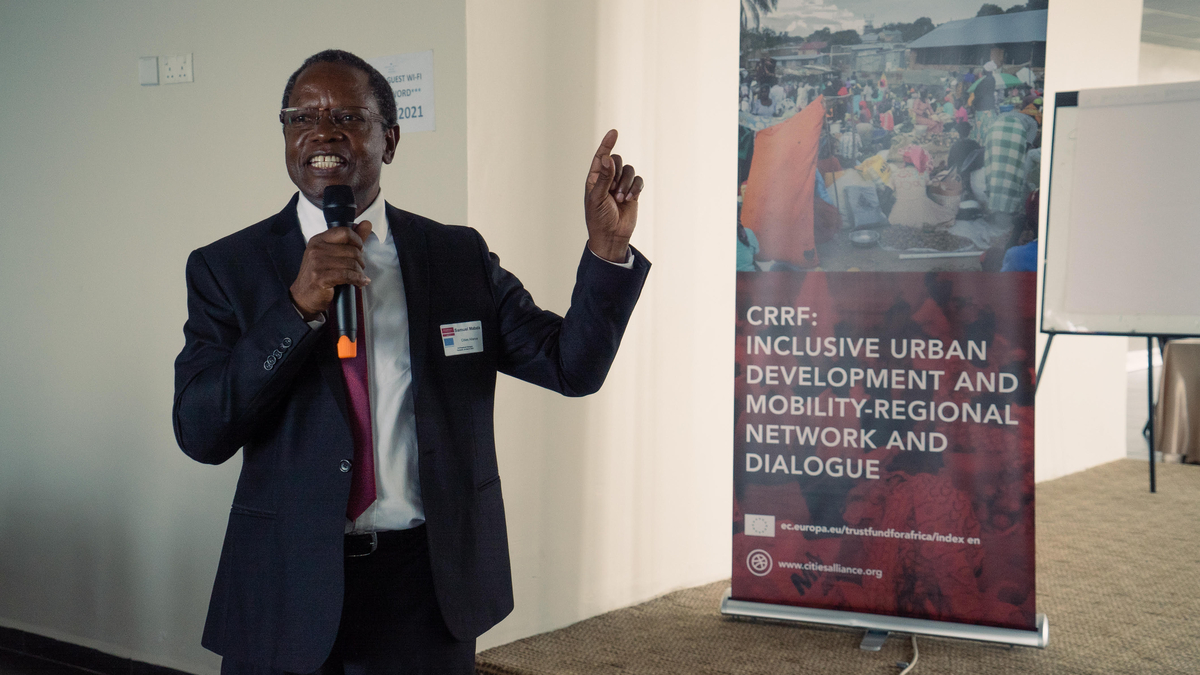
The CRRF in Uganda
The CRRF developed out of the United Nations New York Declaration for Refugees and Migrants. It lays out a vision for a more predictable, comprehensive response to refugee and migrant-related crises. It represents a historic commitment by member states to respect the human rights of refugees and migrants and to support the countries that welcome them.
In Uganda, the CRRF Secretariat is responsible for engaging stakeholders at the national level, and it organises refugee development forums with representatives from each settlement. This coordination is key, as refugees in Uganda and elsewhere require long-term consideration and solutions.
A significant challenge is the fact that Uganda’s Refugee Act only recognises urban refugees in Kampala, and not in other cities and municipalities. This means that urban refugees in Uganda’s secondary cities are not included in the national census or factored into the different local government planning and budget processes.
The situation is especially acute in the West Nile region of Uganda, which hosts 59 per cent of the refugees and asylum seekers in the country. A general decline in financing for refugee operations in West Nile has driven refugees to move to urban areas.
While many refugees actively contribute to the local economy, the 11 districts and 15 local governments in West Nile strain to provide services (such as education, healthcare, and water and sanitation), infrastructure, and social cohesion for all of their residents.
It is time that the Uganda Refugee Act is revised to include urban refugees.
The Hon. Sanya Wilson, Mayor of Koboko, Uganda
Support for secondary cities in the Horn of Africa
Cities Alliance worked with the municipality of Arua, the Uganda Bureau of Statistics (UBOS), and the AVSI Foundation to conduct a municipal-wide census of migrant and refugee households in Arua City centre that also documented the situation and experiences of migrants and host communities.
In a final report on the survey, UBOS confirmed the presence of large numbers of refugees in urban centres and encouraged the central government to expand its recognition of urban refugees beyond Kampala. Arua is already using the data gathered in the survey to inform municipal planning, budgeting, advocacy, and community engagement efforts.
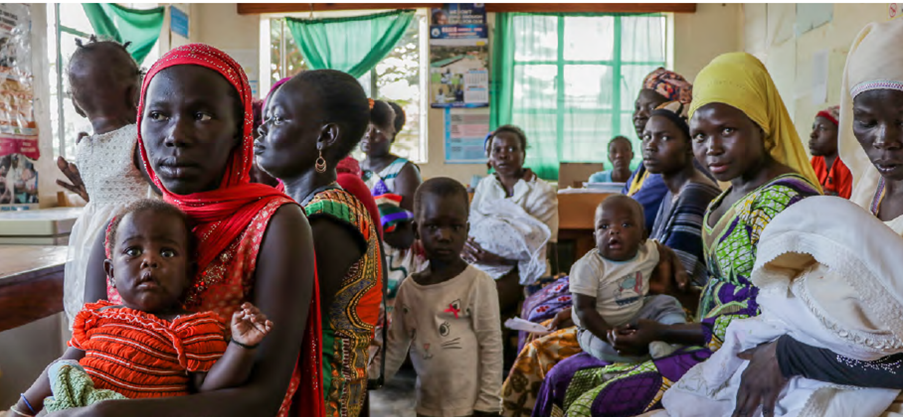
Cities Alliance also provides a regional dialogue platform for cities across the Horn of Africa, including Arua and Koboko, Uganda. Through the CRRF – Inclusive Urban Development and Mobility – Regional Network and Dialogue project, secondary cities are strengthening their voices and advocating for their needs at national and international levels.
Members of the regional dialogue are becoming champions of planning for migration and displacement. They are supported by partner organisations including United Cities and Local Governments Africa (UCLGA) and the Intergovernmental Authority on Development (IGAD), which are also part of the regional dialogue’s steering committee.
In Uganda, after all the discussions, the work with the mayors through the network, the new available data, a window has been opened to reframe the narrative and include urban refugees in the discussion.
Solomon Sonko, Office of the Prime Minister of Uganda
Cities and local authorities play a key role in the integration of displaced persons into local communities. By supporting municipalities to improve urban planning and service provision and creating spaces for communal dialogue, living conditions and opportunities for displaced persons and their hosts will improve and the risks of rivalry and conflict will decline – resulting in greater safety and well-being.

